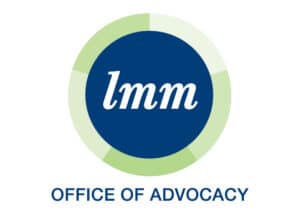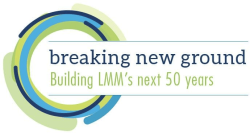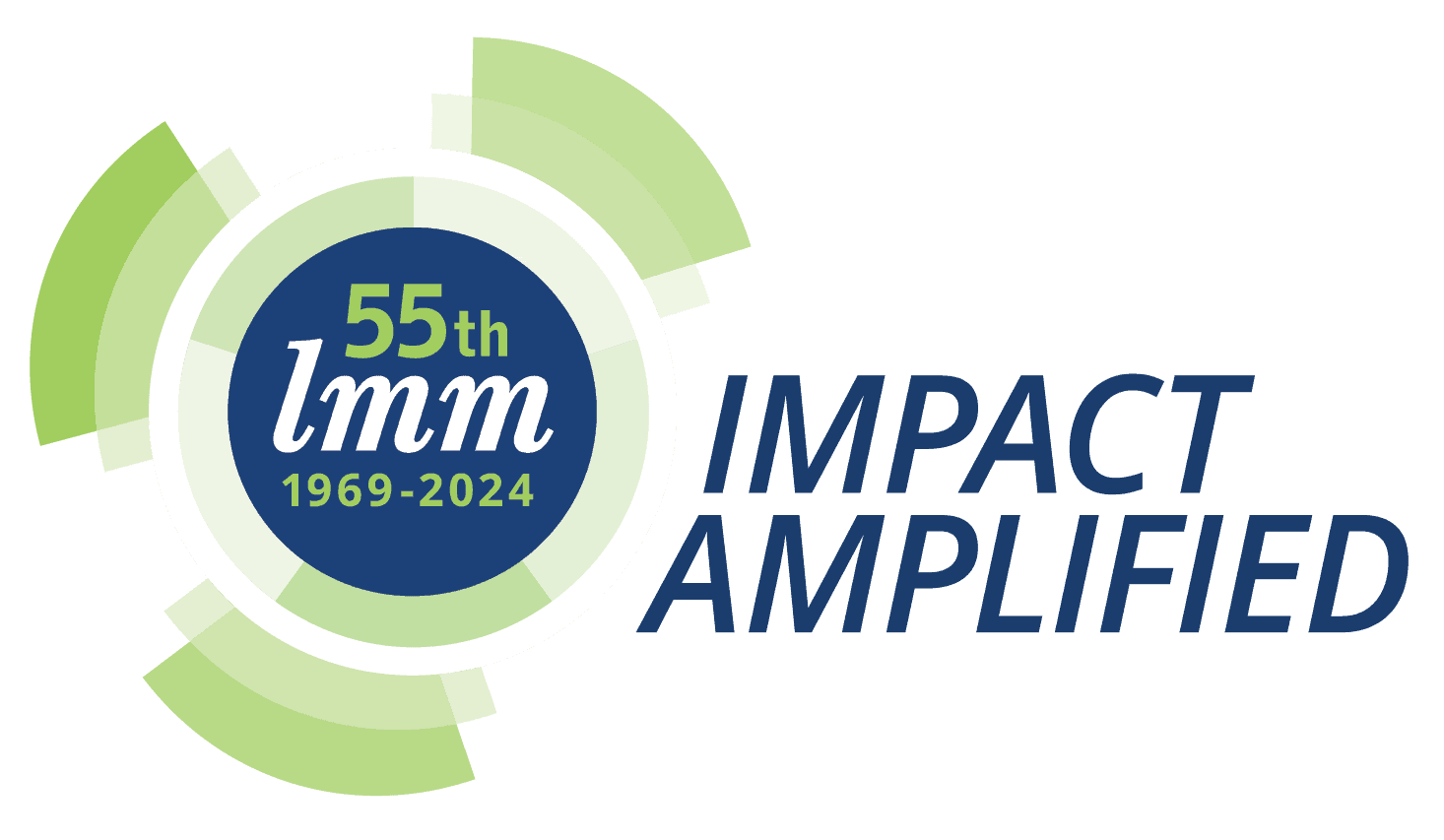As part of my 10-week internship at Lutheran Metropolitan Ministry, I was asked to conduct an advocacy-focused research project. The goal for this project was to better understand a challenge facing clients at LMM and then present a possible policy solution to elected officials. For this project, I choose to explore why individuals who exit LMM’s Men’s Shelter at 2100 Lakeside for more permanent housing commonly return to 2100. Here are a summary of my findings.
LMM’s Men’s Shelter at 2100 Lakeside, is the largest in the state and serves as a microcosm of the challenges facing those who are homeless. A major challenge facing these individuals is a loss of stable housing, also known as return to homelessness.[1] Returns to homelessness occur when individuals who were once homeless, exit shelter, but eventually return to homelessness or other homeless services.
To understand some causes of return to shelter, I convened a focus group of 11 men who have spent time in the shelter, found housing, and ultimately returned to LMM’s Men’s Shelter at 2100 Lakeside. The men shared the challenges they faced in maintaining housing, and each had a unique story. However, while some men attribute their unsuccessful housing attempts to personal struggles with things such as mental health and addiction, many expressed they are victims of systemic impact and its discriminatory effects. These effects manifest themselves partially in unhealthy living environments and limitations on opportunity for stable housing.
A common tool used to transition individuals out of the shelter is the Housing Choice Voucher Program (HCVP)[2]. HCVP allows tenants to choose the neighborhood where they would prefer to live, creating housing options in communities of opportunity. Individuals trying to exit homelessness have the freedom to start over in a community that fits the family’s needs. Unfortunately, landlords are not required to accept HCVP and many voucher-holders are forced to live in low-income communities to find a willing landlord.[3] Anthony, for example, signed the lease of an apartment he states was in disrepair, he reports the landlord was the only one willing to accept his voucher. Anthony eventually stopped paying rent, and was evicted as a result. Adding to the restrictions, Cuyahoga County is not currently accepting applications for HCVP vouchers due to a lack of funding.[4]
It is not uncommon for landlords to refuse to rent to individuals using a voucher. This is because “source of income” is not a protected class like race or gender. At the state level HB 229 takes a step to prevent such discrimination by prohibiting landlords to deny renters based on source of income.[5] Under this bill, a landlord may not reject a potential tenant based on a “lawful source of income” including any program administered by a government or nonprofit agency.[6] Several states have succeeded in implementing source of income protection laws and consequently found an increase in the use of vouchers.[7] HB 229 coupled with an expansion of the Housing Choice Voucher Programs would give those facing homelessness a better opportunity to exit homelessness and remain permanently housed.
On August 8, I shared my research and recommendation with legislative staff at the Ohio Statehouse. Over the course of the day I met with staff in State Senator’s Antonio, Manning, and William’s office and State Representatives. Howse and Upchuch. This experience taught me a lot about the legislative process and the importance of educating elected officials on possible legislative solutions to social challenges. I enjoyed the opportunity to share my research and am hopeful my conversations will lead to future legislative action that can reduce rates of homelessness.
[1] ICPH. “Rapidly Rehousing Homeless Families.” Icphusa.org. (accessed August 2019).
[2] HUD. “Housing Choice Vouchers Fact Sheet.” Hud.gov. (accessed July 2019).
[3] Wiltz, Teresa. “Getting a Section 8 Voucher Is Hard. Finding a Landlord Willing to Accept It Is Harder.” Pewtrusts.org.. (accessed July 2019).
[4] CMHA. “Tenant-Based Waiting List Information.” Cmha.net. https://www.cmha.net/hcvp/waitinglist. (accessed July 2019).
[5] The Ohio Legislature. “House Bill 229.” Legislature.ohio.gov. . (accessed July 2019).
[6] Ibid.
[7] Bell, Allison and Barbara Sard and Becky Koepnick. “Prohibiting Discrimination Against Renters Using Housing Vouchers Improves Results.” Cbpp.org. (accessed July 2019).







